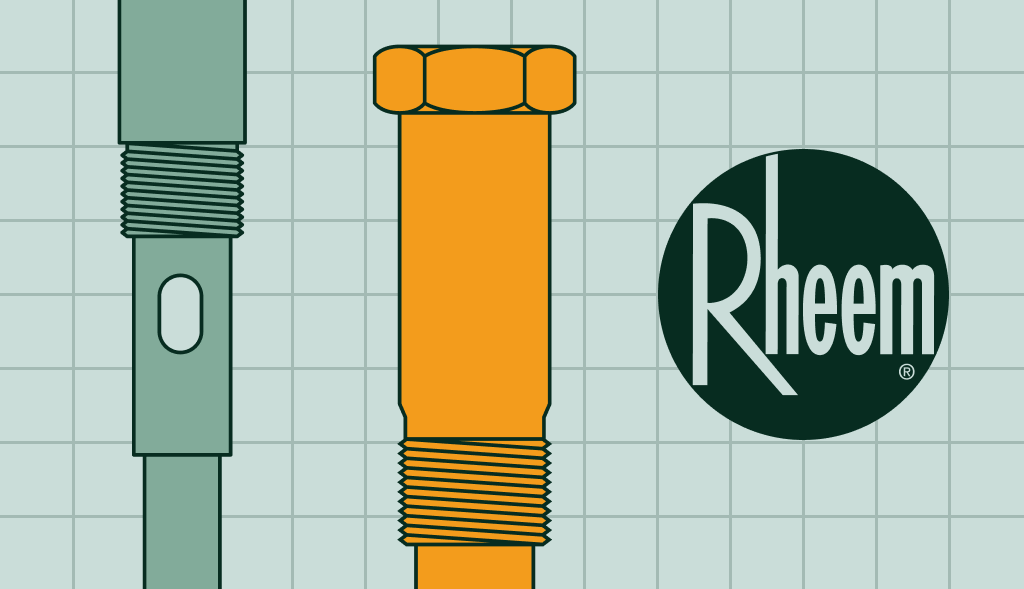The Ultimate Guide to Heat Pump Water Heaters: Models, Costs, and Comparisons

Understanding Heat Pump Water Heaters
Heat pump water heaters, also known as hybrid heat pump water heaters or heat pump hot water heaters, are popular for homeowners seeking energy efficiency and cost savings. Unlike traditional water heaters, heat pumps use electricity to move heat from the air into the water, making them highly efficient.
What is a Heat Pump Water Heater?
A heat pump water heater is an innovative appliance that uses electricity to transfer heat from the surrounding air into the water tank. This process is more energy-efficient than generating heat directly.
How Does a Heat Pump Water Heater Work?
Heat pump water heaters operate by extracting heat from the air and transferring it to the water in the tank. They use a refrigerant cycle, similar to a refrigerator, to move heat from one place to another. This method reduces energy consumption compared to conventional electric water heaters.
Best Heat Pump Water Heater Models
Choosing the best heat pump water heater depends on efficiency, capacity, and brand reputation. Here are some top models:
Bradford White Heat Pump Water Heater
Bradford White offers reliable heat pump water heaters with advanced features. Their models are known for durability and efficiency, making them popular among consumers.
Rheem Heat Pump Water Heater
Rheem is another leading brand known for its innovative and energy-efficient heat pump water heaters. These heaters have advanced features and excellent customer reviews.
Other Leading Brands
Other reputable brands include Rinnai, Stiebel Eltron, and State. These manufacturers offer various models to suit different needs and budgets.
Cost of Heat Pump Water Heaters
Initial Purchase Price
The initial cost of a heat pump water heater varies depending on the brand, model, and capacity. On average, it ranges from $1,200 to $3,000.
Installation Costs
The heat pump water heater installation cost can add $500 to $1,500, depending on the complexity of the installation and the region.
Maintenance and Operating Costs
Maintenance costs for heat pump water heaters are generally low, but regular servicing is recommended to ensure optimal performance. Due to their energy efficiency, operating costs are significantly lower compared to traditional electric or gas water heaters.
Heat Pump Water Heater Tax Credits and Rebates
Federal Tax Credits
Federal tax credits are available for energy-efficient appliances, including heat pump water heaters. These credits can significantly reduce the overall cost.
State and Local Incentives
Many states and local governments offer subsidies for installing energy-efficient water heaters. Check with your local utility provider for available heat pump water heater rebates.
How to Apply for Tax Credits
Applying for tax credits typically involves submitting documentation of your purchase and installation. Consult your tax advisor or the IRS website for specific requirements.
Comparing Heat Pump Water Heaters
Heat Pump Water Heater vs. Gas
Heat pump water heaters are more energy-efficient than gas water heaters. They have lower operating costs and are environmentally friendly but may have a higher upfront cost.
Heat Pump Water Heater vs. Tankless
When comparing a heat pump water heater to a tankless water heater, consider efficiency and usage patterns. Tankless heaters provide hot water on demand, while heat pump water heaters are more efficient in energy use.
Heat Pump Water Heater vs. Electric
Heat pump water heaters are more efficient than conventional electric ones, lowering energy bills.
Specific Heat Pump Water Heater Types
Split Heat Pump Water Heater
A split system heat pump water heater separates the heat pump and the storage tank, allowing for flexible installation options.
Hybrid Electric Heat Pump Water Heater
Hybrid electric heat pump water heaters combine traditional electric heating elements with heat pump technology for increased efficiency.
Anode Rods in Heat Pump Water Heaters
What is an Anode Rod?
An anode rod is a component in water heaters that prevents corrosion by attracting corrosive elements in the water.
Location of the Anode Rod on the Tank
The anode rod is typically located at the top of the water heater tank.
How to Change the Anode Rod
1. Turn off the power and water supply.
2. Drain some water from the tank.
3. Remove the old anode rod with a wrench.
4. Insert the new anode rod and tighten it.
Maintenance Tips for Anode Rods
Inspect the anode rod every 1-2 years and replace it if it’s significantly corroded.
Advantages of Switching to a Powered Anode Rod
Powered anode rods provide continuous protection against corrosion without needing replacement as often as standard anode rods. They also remove the smell of rotten eggs, also known as sulfur, from hot water.
FAQs
A heat pump water heater uses electricity to transfer heat from the air into the water tank, making it more energy-efficient than traditional water heaters.
It extracts heat from the surrounding air and transfers it to the tank’s water using a refrigerant cycle.
Disadvantages include higher upfront costs and reduced efficiency in cold climates.
The cost ranges from $1,200 to $3,000, with additional installation costs of $500 to $1,500.
They are worth it due to their energy efficiency and long-term cost savings.
Blog
Protect Your Rheem Water Heater: How to Replace Your Anode Rod
Rheem water heaters are a trusted name in home comfort. However, like all appliances, proper maintenance is key to longevity. One critical component is the […]
A.O. Smith* Water Heater Anode Rod: Location and Replacement Guide
The anode rod protects your A.O. Smith water heater from corrosion. Typically found on top under a plastic cap, it can be removed with a […]

